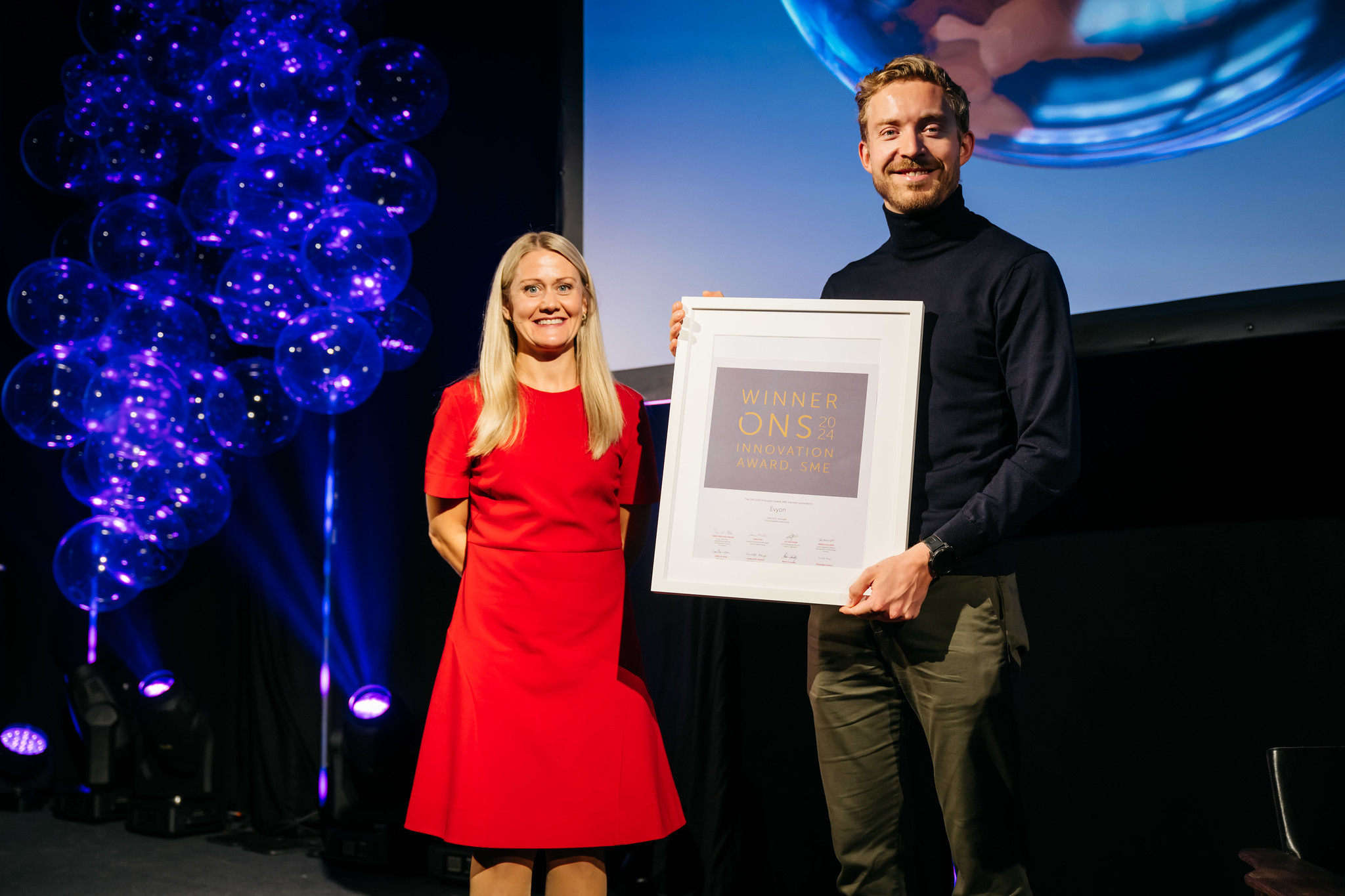Munich Security Conference: Europe’s Moment of Truth
‘Zeitenwende’, German for turning point, was the word used by German Chancellor Scholz after Russia’s war against Ukraine began. Back from Munich Security Conference 2025, I cannot help but wonder if it marked the real Zeitenwende.
.png)
If Davos was bad, this was an outright disaster for Europe as the transatlantic partnership is ostensibly fraying and this week’s negotiations over ‘peace’ in Ukraine are held without it
Even though no one explicitly said so, US security guarantees for Europe are now in doubt, an ambivalence which may be enough to undermine NATO’s Article 5. This at a time when Europe clearly cannot defend itself
I have always said: Russia’s war was never ‘only’ against Ukraine but Europe-at-large. My take-away from last year’s MSC was that the war will spread. I think there is now no doubt about it and in fact would argue that this is already happening in terms of hybrid warfare, i.e. attacks on undersea cables, cyber threats, assassination attempts. This can only get worse, with an emboldened Putin and a palpable trend towards ‘might is right’ geopolitics.

Now what?
Unity: only by speaking with one voice and being aligned around strategic objectives can Europe hope to be heard and defend its interests. We will need more pooling of sovereignty but in exchange need more strategic policy planning in Brussels
Stand by Ukraine: Haphazard actions and no red lines have been a recipe for failure because Ukraine’s security is inextricably linked to ours. Helping Ukraine is akin to helping ourselves
Deterrence: Europe’s long tradition of appeasement has failed with pretty much every adversary. If no one is afraid of Europe, we will suffer the consequences (and in fact, already are)
Manufacturing & Industry: in times of war, a robust industrial base and reliable supply chains are a must. Effective immediately, we need meticulous mapping of industrial capacity by country and sector, including a strategy to sustain those that are most relevant for security and defense
Prioritization, incl. fiscal: Not all policies can now be of the same importance, so political discipline will be key, also in fiscal allocations. It’s now without doubt that Europe will need to significantly increase defense spending
Public awareness: on balance, politicians have been coy about the geopolitical, economic and security realities Europe is facing. Now is time to talk Realpolitik, address trade-offs, sequencing and sacrifices that are in order to secure freedom, peace and sovereignty
Alliances: Europe now needs to build on – and establish – new partnerships. Mercosur comes to mind, and the Commission’s forthcoming visit to India will hopefully cement closer ties with the world’s largest democracy. Also relations to Canada should be deepened. As should ties with US companies with sizeable operations in Europe. They will have vital interest in seeing their investments protected.

State of the world 2026: Leadership when outcomes widen
post

Apply for ONS Innovation Awards
post


